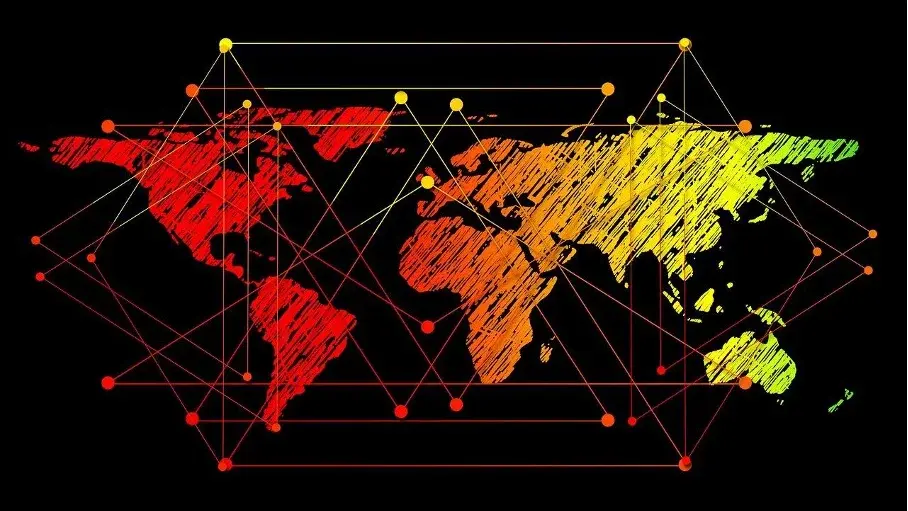On the 31st of January 2024, the University of Erfurt’s Capitalism & Security Research Group hosted Henning Gloystein, Director for Energy, Climate & Resources at the Eurasia Group, who presented the key insights from the report “Top Risks 2024”, their yearly flagship report published every January.
Topping the list are three current and potential conflicts that not only may come with loss of human lives, but also have major consequences for the international economy, energy supply and regional political stability: the ongoing Israel-Hamas war, Russia-Ukraine war, and the internal division characterizing the United States and the political environment on the 2024 elections.
The role of AI, and specifically the danger of unregulated use of artificial intelligence for the multitude of electoral campaigns in 2024, was highlighted as one of the additional pressing issues. On the political agenda, a deeper alignment of and mutual support between rogue states (Russia, North Korea, and Iran) were highlighted by Gloystein as a concern worth keeping an eye on.
The possibility of the Chinese economy not recovering was pointed out as an issue that goes beyond the debt of said nation and magnifies the risk for social instability. Economic constraints extend beyond China, with virtually every government in the world facing overwhelming fiscal stress, which in conjunction with inflation and high interest rates leave no room for error in economic policy decisions. Additionally, private actors are getting caught in the political crossfire, mainly in the case of the United States with a potential overturn of policies regarding ESGs and social rights issues, meaning a “risky business” environment.
On the environmental front and the race for a just transition, Eurasia’s Gloystein highlighted the current struggle of western countries to secure global supply chains of critical minerals needed for the digital and green transition. He pointed out that colonialism and a history of bad extractive practices have been key factors that put China ahead in the race, despite issues pertaining to its processing practices. An additional risk, and one beyond human control, is the upcoming climate phenomenon of El Niño, which is set to hit coastal areas across the tropical Pacific Ocean, exacerbating disastrous climate change impacts.
In conclusion, the talk offered valuable insights, and created a rich space for academic conversation, and was moderated by Brandt School’s Lecturer Dr. Alejandra Ortiz-Ayala.
To learn more about the Top Risks 2024 Report from Eurasia, you can read the report here.
The Capitalism & Security Research Group (Sicherheitskapitalismus Forschungsgruppe) is a newly created interdisciplinary research unit at the University of Erfurt, bringing together the academic agendas of Prof. Dr. Sophia Hoffmann, Prof. Dr. Michael Riegner, and Prof. Dr. Oliver Kessler of the Faculty of Economics, Law, and Social Sciences, as well as Prof. Dr. Andreas Goldthau, Director of the Brandt School. The research group investigates the increasing overlap between the politics of security and wealth creation, aiming to better understand the interaction between private sector and state actors in different areas such as security apparatuses, the energy industry, global supply chains and financial markets.

